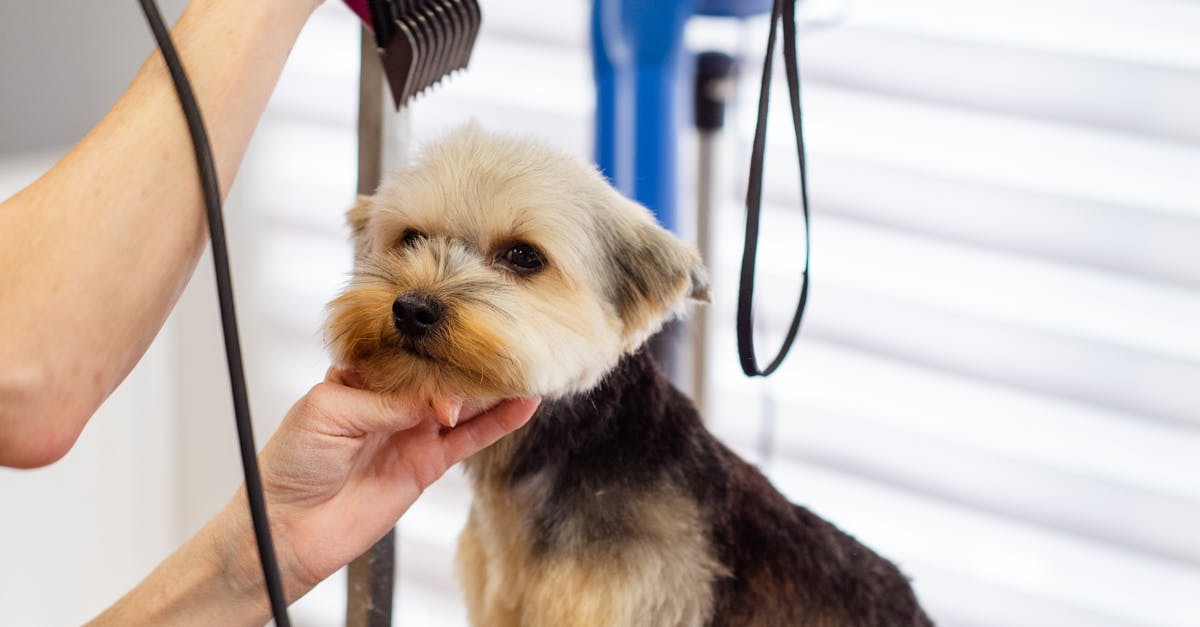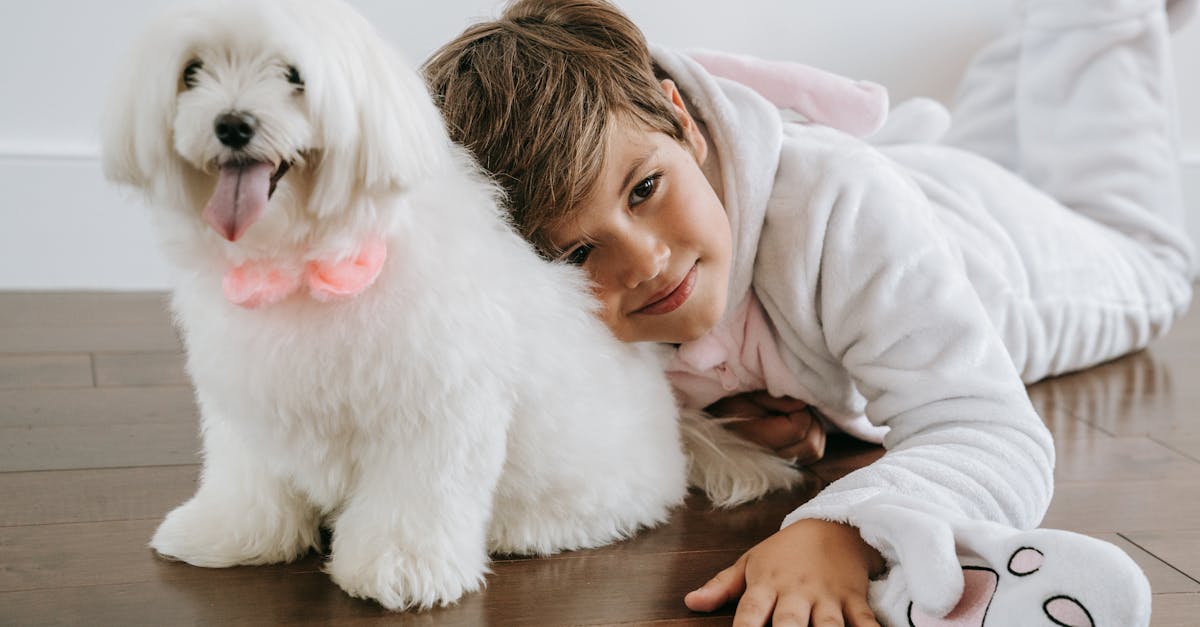
Dog Grooming Tips For Beginners
- October 03, 2024
- 4 min Read
- Views 707
Dog Grooming Tips for Beginners
Grooming your dog is an essential part of their overall health care routine. Whether you're looking to save on grooming costs or simply want to form a stronger bond with your furry companion, mastering the art of dog grooming at home can be both rewarding and beneficial. In this guide, we’ll explore some dog grooming tips for beginners to help you get started.
Understanding Your Dog’s Grooming Needs
Before diving into the grooming process, it's crucial to understand your dog's specific grooming needs. Different breeds have different coat types, which means the grooming requirements can vary. For example, long-haired breeds like the Shih Tzu require frequent brushing and hair trims, while short-haired breeds such as the Beagle may need less maintenance. Assess your dog's coat, health, and lifestyle to determine the appropriate grooming timetable.
Essential Grooming Tools for Beginners
Having the right tools is vital for effective dog grooming. Beginners should equip themselves with a basic grooming kit to make the process easier and more efficient. Some essential tools include:
- Brush or Comb: Invest in a high-quality brush or comb suitable for your dog's coat type. A slicker brush, pin brush, or bristle brush can all serve different purposes depending on coat texture.
- Dog Shampoo: Choose a dog-specific shampoo to avoid skin irritation. Opt for hypoallergenic or gentle formulas for dogs with sensitive skin.
- Nail Clippers: Keeping your dog’s nails trimmed is crucial. Use a clipper designed specifically for pets, and exercise caution to avoid cutting the quick.
- Ear Cleaner: Regularly cleaning your dog’s ears can prevent infections. Use products designed for canine ear cleaning.
- Toothbrush and Toothpaste: Promoting dental health is essential. Use toothpaste formulated for dogs and a soft-bristled toothbrush.
- Hair Clippers or Scissors: If your dog requires trims, invest in proper grooming scissors or clippers for a neat finish.
Step-by-Step Dog Grooming Guide
Once you've gathered the necessary tools, you can begin grooming your dog with the following steps:
- Brush Your Dog: Start by brushing your dog to remove any loose hair and detangle knots. This step helps keep your dog’s coat healthy and shiny.
- Bathe Your Dog: Use lukewarm water and dog shampoo to gently cleanse your pet's fur. Avoid getting shampoo in their eyes and ears. Rinse thoroughly to ensure no residue remains.
- Dry Your Dog: After the bath, towel dry your dog and use a pet-safe hairdryer on a low-heat setting if needed. Be sure your dog is fully dried to prevent skin irritation.
- Trim Nails: Carefully trim your dog's nails using a pair of clippers. If you’re unsure about nail trimming, consult a veterinarian or professional groomer for guidance.
- Clean Ears: Use a cotton ball and ear cleaner to gently wipe your dog's ear canals. Avoid inserting anything deep into the ear to prevent injury.
- Brush Teeth: Regularly brushing your dog’s teeth can stave off dental issues. Reward your dog with treats and praise for cooperation during dental care.
- Hair Trimming: For breeds that require regular haircuts, carefully trim the hair using grooming scissors or clippers. Focus on areas prone to matting, such as underarms and thighs.
Frequently Asked Questions
- How often should I groom my dog?
- The frequency of grooming depends on your dog's breed, coat type, and lifestyle. Typically, long-haired breeds require weekly grooming sessions, whereas short-haired breeds may need grooming once a month.
- Is it necessary to visit a professional groomer?
- While regular home grooming is crucial, visiting a professional groomer every few months can ensure thorough grooming and address any special needs your dog may have.
- What should I do if my dog hates grooming?
- If your dog resists grooming, try desensitizing them by gradually introducing them to grooming tools and rewarding positive behavior. Patience and positive reinforcement are key.
Tags
#DogGroomingTips #BeginnerGrooming #PetCare #DogCare #GroomingEssentials #DogHealth
References
People Also View
-
1October 14, 2024
-
2October 01, 2024
-
3October 03, 2024
-
4October 03, 2024
-
5October 03, 2024
Categories
- Near Me 2147 Posts
- How To 548 Posts
- Where To 257 Posts
- Why 90 Posts
- How Much 97 Posts
- Travel 202 Posts
- Food And Drink 815 Posts
- Shopping 797 Posts
- Lifestyle 1050 Posts
- Automotive 364 Posts
- Digital Income 70 Posts








